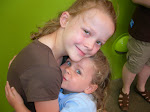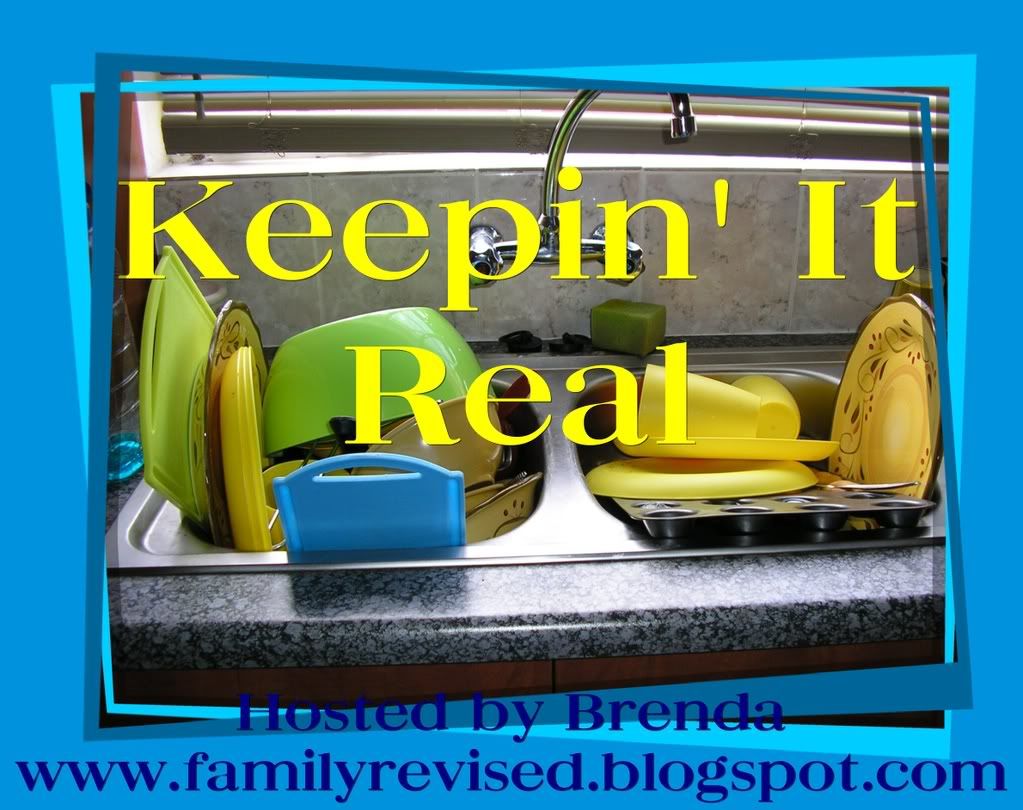Here is our summer chemistry schedule. My friend and I have put together an outline for the summer. We have been meeting on Mondays for about 2 hours. It will be about a 9 week course-give or take a week. We have an hour for reading and disscussion and an hour for experiments. We have 3 other families that have been joining us. The kids are loving it. It so fun for them and they love the experiments. So here is the schedule, hope it may help someone. I am not sure what is up with my fonts, but I did it in word then cut and paste it here. For our summer chemistry course we are using Real Science for Kids.
In the next week or so I will post a schedule for chemistry that we will be using for 3rd grade. I will be using Adventures with Atoms and Molecules I & II.
Outline of Course Schedule Summer Chemistry 2008
WEEK 1: Matter and Molecules (ATOMS)
- introduction of matter as atoms
- atomic structure as a building block of all matter
- rules govern atomic structure and interactions
- structure of atom determines reactivity and function
- relationship of energy to a state of matter
WEEK 2: Molecules and Rules (MOLECULES)
- all molecules made up of the same atoms – concept of building blocks
- combination of atoms and their bonds determines what the molecule is and does
- molecular bonding also follows rules
- types of bonds between atoms (energy dependent)
o temporary (unshared electron bond / ionic)
o permanent (shared electron bond / covalent)
- ideas for sharing electrons and space together
- atomic structure and bonds determine shape and hence function
- difference between chemical and physical reaction
WEEK 3: Principals of Molecular Characterization (CHARACTERISTICS)
- making observations about molecules
- safety of laboratory principles
- principals governing properties of molecules
o density (mass and volume)
o solubility (water, oil/organics)
o color, smell, texture
o boiling and melting points
o acidity/base
o magnetism
LAB: OBSERVING AND MEASURING CHARACTERISTICS OF MATTER
(OBSERVATION, MEASUREMENT OF DENSITY, POSSIBLY BOILING/MELTING POINT, EXP REGARDING CONCEPT 3)
WEEK 4: Molecular interaction (CHEMICAL REACTIONS MAKE NEW SUBSTANCES)
- four types of chemical reactions
o combinations
o decomposition
o displacement
o exchange reaction
- true chemical reaction either liberates or requires energy
o first law of thermodynamics – can’t make something out of nothing
o second law of thermodynamics – it takes energy to keep things ordered
LAB: IDENTIFYING CHEMICAL REACTIONS (VOLCANO); EVAPORATION OF LIQUID TO PROVE CONSERVATION OF MATTER; MIXING OF COLORED SOLUTION TO SHOW ENTROPY (SIMPLE CHEMISTRY CONCEPT 4)
WEEK 5-9:
- very critical as it effects most of reactions that occur in water, and hence us
- definition of what an acid or base is: importance of the hydrogen molecule
- interaction of acids and bases with water
- pH scale and what it means
- pH indicators
- measuring pH
- interaction between acid and base to make a neutral solution
LAB: ACID-BASE TITRATION (PLOTTING)
- review the difference between chemical and physical reaction
- idea that like dissolves like
LAB: MIXTURES (PRECIPITATES, OIL/WATER/SOAP, DISSOLVING)
- physical and chemical separation: states of solid, liquid, gas
- filtration (dry) – works on size
- filtration (wet) – works on density
- evaporation / solubility – works on basic characteristic of molecule
- titration of acid/base – changes principles of solubility
- magnetism
LAB: SEPARATION OF VARIOUS MIXTURES BY SOLUBILITY (SEPARATION VIA WATER/ORGANIC; BOILING OFF WATER OFF OIL; PAPER CHROMATOGRAPHY; SEPARATION BY DENSITY PRINCIPAL)
- Carbohydrates, starches
- Proteins
- Fats / lipids
LAB: POLYMER MAGIC, SOLUBILIZATION OF LIPIDS, DNA STRUCTURES, PERIODIC TABLE GAME
Subscribe to:
Post Comments (Atom)




1 comment:
Wow, your chemistry looks impressive. We are doing chemister this year also. I am using Chemistry Science 4 Kids! I am going to post videos of our experiments. Have yall done any real good ones????
Post a Comment